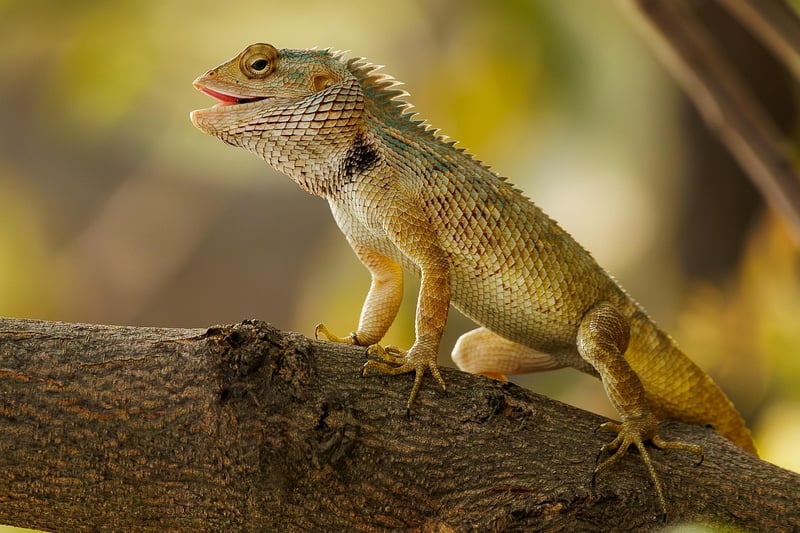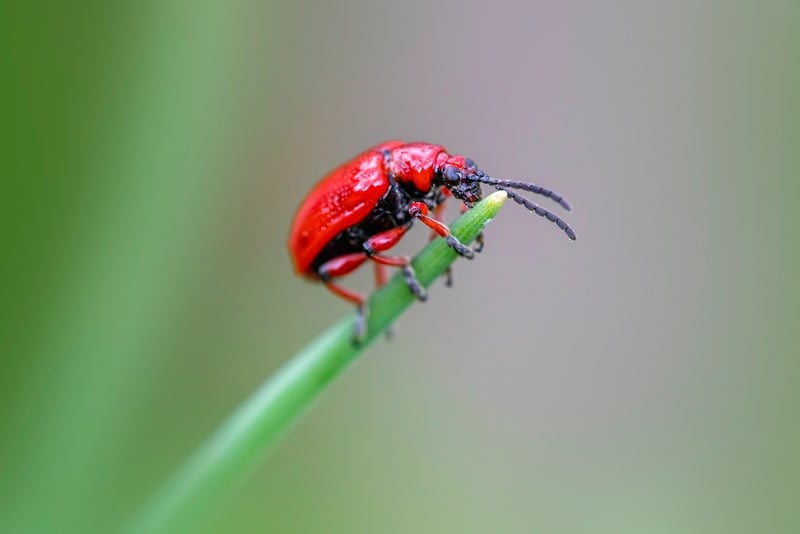Pest Prevention
Keeping Your Garden Healthy: Pest Prevention Tips
Having a beautiful and thriving garden requires more than just watering and sunlight. One of the key aspects of garden maintenance is pest prevention. By taking proactive measures to keep pests at bay, you can ensure that your plants remain healthy and vibrant. Here are some essential tips for preventing pests in your garden:
1. Choose the Right Plants
Start by selecting plants that are known to be pest-resistant. Native plants are often more resilient to local pests and diseases, making them a great choice for your garden. Research different plant varieties and choose ones that are less susceptible to common garden pests.
2. Maintain Garden Hygiene
Keeping your garden clean and tidy can help prevent pest infestations. Remove any debris, fallen leaves, or dead plants regularly as they can attract pests. Make sure to also clean your gardening tools to prevent the spread of pests from one plant to another.
3. Plant Diverse Crops
Monoculture can make your garden more vulnerable to pests. Planting a variety of crops can confuse pests and reduce the risk of widespread infestations. Companion planting is a great way to naturally repel pests by pairing plants that benefit each other.
4. Use Natural Predators
Encourage natural predators like ladybugs, lacewings, and birds to visit your garden. These beneficial insects and animals can help control pest populations without the need for harmful pesticides. Consider planting flowers that attract these predators to your garden.
5. Implement Barriers
Physical barriers such as row covers, netting, and fences can help protect your plants from pests. Make sure to inspect these barriers regularly for any signs of damage and repair them as needed. This can be particularly effective for keeping out larger pests like rabbits and deer.
6. Regularly Inspect Your Plants
Keep a close eye on your plants for any signs of pest damage. Early detection can help prevent pests from spreading and causing extensive harm to your garden. Look for chewed leaves, discoloration, or wilting plants as indicators of pest activity.
By following these pest prevention tips, you can keep your garden healthy and thriving without the need for harsh chemicals. Remember that a healthy garden ecosystem is the best defense against pests, so promote biodiversity and natural balance in your outdoor space.

Enjoy your pest-free garden!
